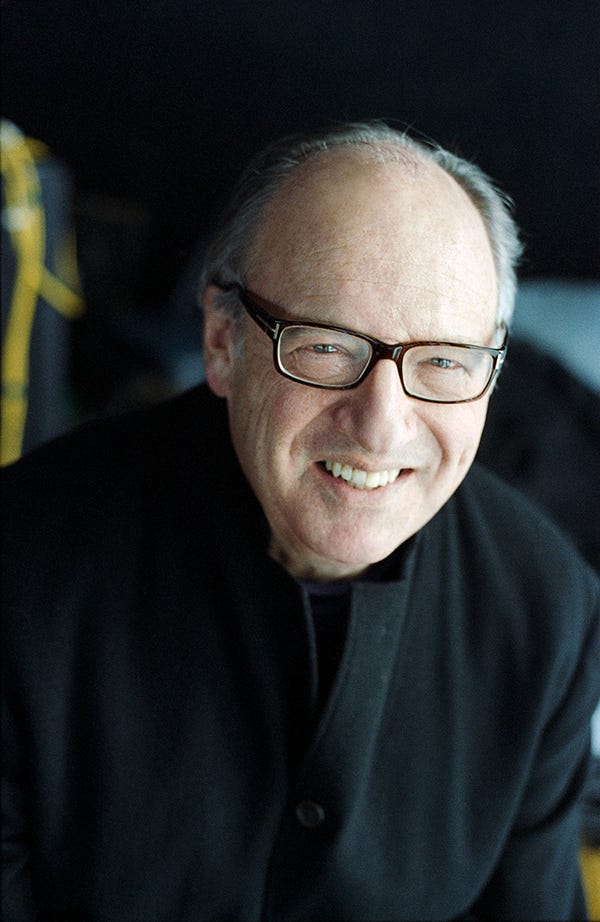Back and Forth with Jon Landau on the Rock & Roll Hall of Fame
Last February, Variety ran a piece by Chris Willman on the Rock & Roll Hall of Fame: “a long list of early rockers and pop worthies that got forgotten along the way.” For me, it was shocking to read: about 150 performers, individuals and groups, almost all of them never put up for a vote by the nominating committee, let alone voted in by the selected electorate—musicians, music industry people, writers, archivists, and more. Yes, there were a lot of names I could live without, or turned green had they ever have made it—Poco—but not Johnny Ace? Lesley Gore? The Marvelettes? Screamin’ Jay Hawkins—think how “I Put a Spell on You” has traveled the years and the globe? Jan and Dean? Lonnie Mack? Paul Revere and the Raiders? Jack Scott? Irma Thomas? Rufus Thomas? Johnny Winter? These are people who, in Phil Spector’s schematic of who mattered and who didn’t, made “contributions”: the music would have been different, would have taken a different shape, might have withered and died, if they hadn’t done what they did.
I’ve often thought of the Hall of Fame as a terrible if not ridiculous idea, mostly because I hated the stricture of, in this most democratic realm of free speech, elevating some over others. I thought of it as a joke, until I met musicians—most vehemently, Mary Weiss of the Shangri-Las—who made plain how much it would mean to them to be included, what a validation it would be, and how excluded, how cast on the garbage heap of those who might as well have never been born, which is to say never played on the radio, they felt over never having the thrill of seeing their names on the wall. So, I took it more seriously. I sent the Variety story to Jon Landau, then about to leave his post as the chair of the nominating committee: for me, he made his name as a critic for Crawdaddy! and Rolling Stone; for the world, as Bruce Springsteen’s producer and manager. Thus began a one-day back and forth. What Jon had to say was more than interesting to me. I think it might be interesting to other people too.


